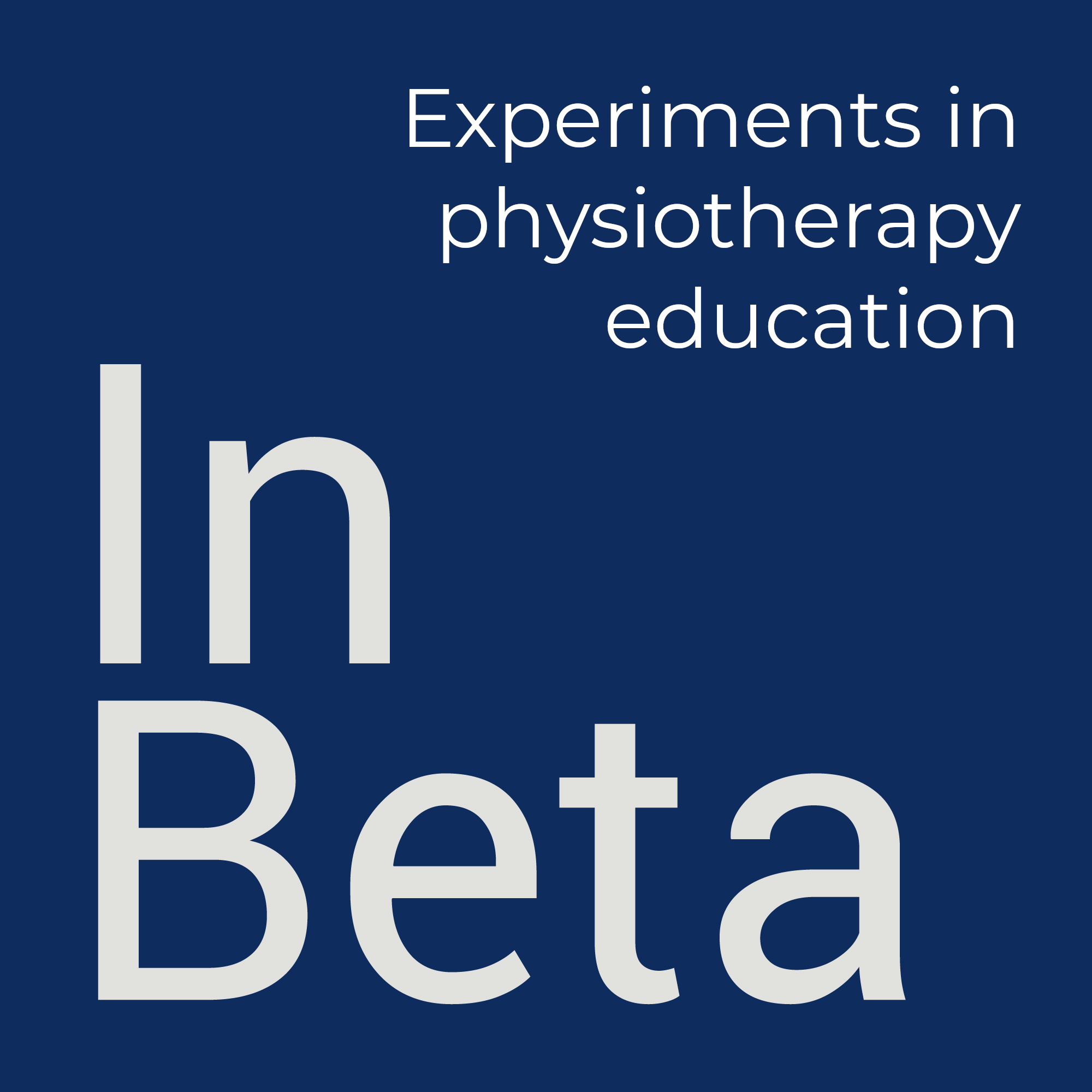It’s when we do stuff that we learn, not when stuff does something for us.
Stephen Downes
Introduction
I’ve noticed that people tend to use the terms personal learning and personalised learning interchangeably. But they’re different concepts and the difference is, I think, important.
In personalised learning, a system makes suggestions for how you should navigate through a knowledge domain; the system provides a personalised recommendation for your learning path. You consume content that others provide and suggest at different points in time and therefore it’s content that informs your learning practice. The content represents an ideal state to which you aspire and then you’re tested on the content to see if you meet the ideal.
In contrast, personal learning you make choices about what matters to you and then set goals based on those values. You decide for yourself what content will be included, and others help you on the path that you have chosen. In other words, it’s your practice that informs the content of your learning pathway. You practice as a way of reaching a desired, personally meaningful state, and coaches or facilitators use content to try and help you reach that state.
The difference is subtle but very relevant when deciding how to structure any online or blended learning environments for students. In a personalised learning environment, we decide the learning outcomes, content, and assessment tasks, and students choose a pathway through the curriculum (this could be independently or with input from an algorithm…the principle is the same). But in a personal learning curriculum, the students choose the outcomes, content, and assessment tasks with guidance from a coach. The difference leads to discussion about many other things we say we care about, including power relationships, leadership, self-directed learning, and a host of related ideas.
Podcast
Parrish, S. (n.d.). Getting Better by Being Wrong with Annie Duke. Retrieved May 31, 2021.
Annie has a very interesting background that makes her uniquely qualified to speak about high-level decision making. As an author, speaker, world-class poker player, and academic in the fields of psychology and cognitive theory, Annie understands the intersection of luck, skill, and making decisions in uncertain, chaotic environments better than most people on the planet.
It may seem like a stretch to include an interview with a professional poker player in a newsletter about personal learning but stay with me for a moment. Like learning, poker is only about luck when you don’t know what you’re doing. What I took from this interview and Duke’s book, Thinking in bets, is that poker is essentially about making better decisions when you’re trying to learn in uncertain systems. It’s about running loads of small experiments (i.e. making decisions) that you use to get uncontroversial feedback about how well you’re doing. Students fear failure more than almost anything else partly because failure is so often tied to identity. Students – actually, most human beings – tend to think that they failed, with the implication that they are failures. And when poor performance is so closely tied to identity it can push us into making choices that have no downside. We want to make decisions where we reduce the downside, which is why we end up with questions like, “Will this be on the test?” Students are doing cost-benefit analyses all the time i.e. they’re constantly assessing risk by making choices about what to pay attention to. If they make the wrong choices and skip certain sections of the text, they run the risk of failing the test. Which brings me to my point. If we’re going to take on personal learning as a central idea in online and blended learning (hint: we should), students will need to make decisions in increasingly unstructured environments. We may be well-served in having a better understanding of how people like Annie Duke consistently make good choices in very uncertain situations.
Article
Oddone, K., Hughes, H., & Lupton, M. (2019). Teachers as Connected Professionals: A Model to Support Professional Learning Through Personal Learning Networks. International Review of Research in Open and Distributed Learning, 20(3).
As education becomes increasingly complex, effective continuing professional learning is an important strategy to support teachers in schools. However, current professional development approaches may not meet contemporary teachers’ needs. Seeking to enhance teachers ’ professional learning opportunities, this paper presents a model of learning as a connected professional. The model draws upon the findings of a qualitative case study of 13 teachers who interact with others through a personal learning network (PLN). Theories of connectivism, networked learning, and connected learning underpin the model, which conceptualises the whole experience of learning as a connected professional. The model comprises three elements: arenas of learning, teacher as learner, and PLN. Key characteristics of the experience are practices described as linking, stretching, and amplifying. These practices recur in various ways across all three elements of the model. The model promotes professional learning that is active, interest driven, and autonomous, meeting personal learning needs while being socially connected.
The article is about teachers’ professional development but the same principles apply if we think of our students as our less-experienced colleagues (I’m still so grateful to Joost van Wijchen for introducing this idea to me). The reference list of this paper points to what I think are several important papers in the development of the concept of personal learning.
Resource
Stephen Downes. (2020, July 30). How to help students succeed by taking ownership of their learning online through personal learning. Contact North webinar, Online, via Zoom.
The terms “personalized learning” and “personal learning” are frequently used in online learning but are very different concepts. This is an interactive one-hour webinar to assist faculty and instructors on how to help students succeed by taking ownership of their learning online utilizing the concept of personal learning.
This presentation includes the slides and audio from a webinar by Stephen Downes.
